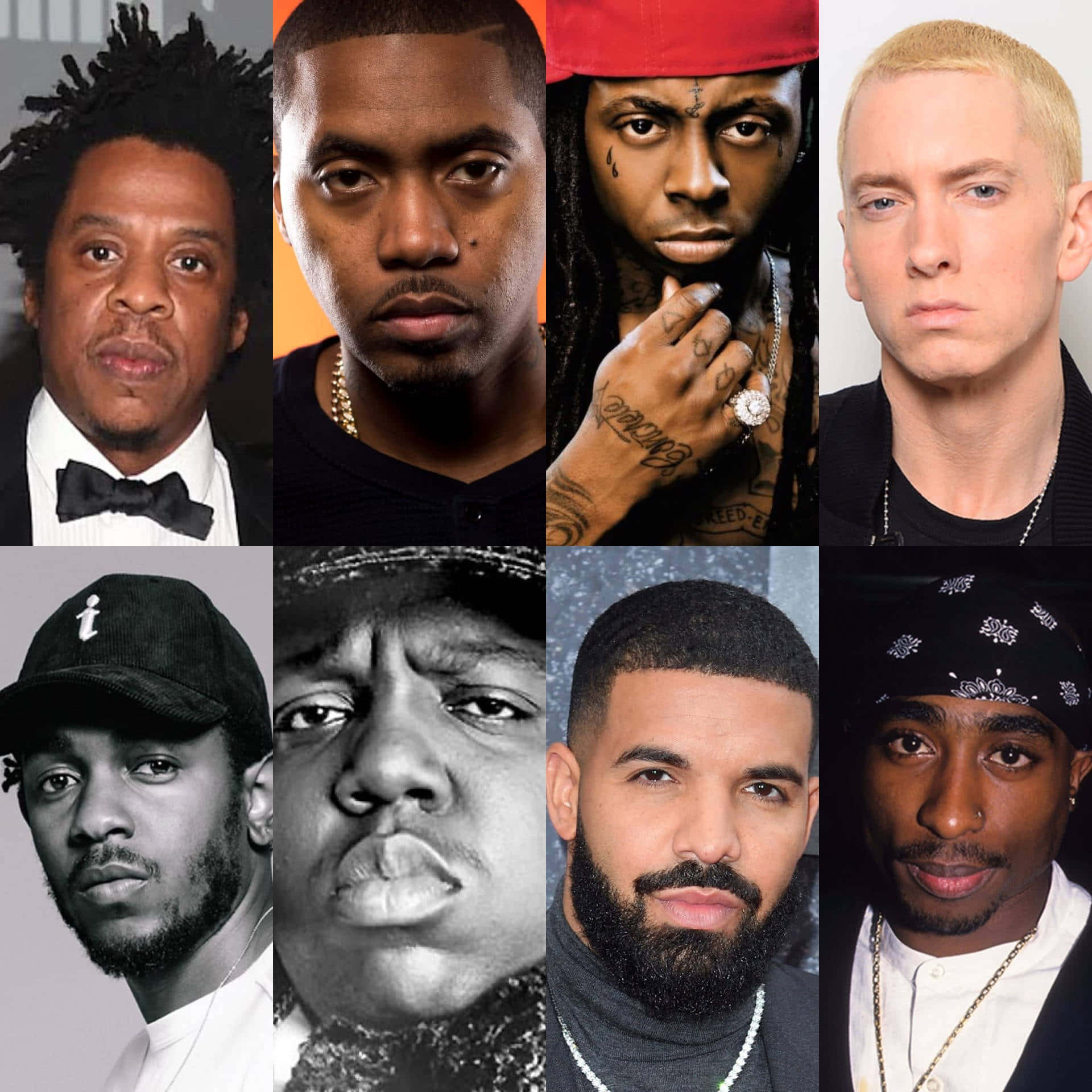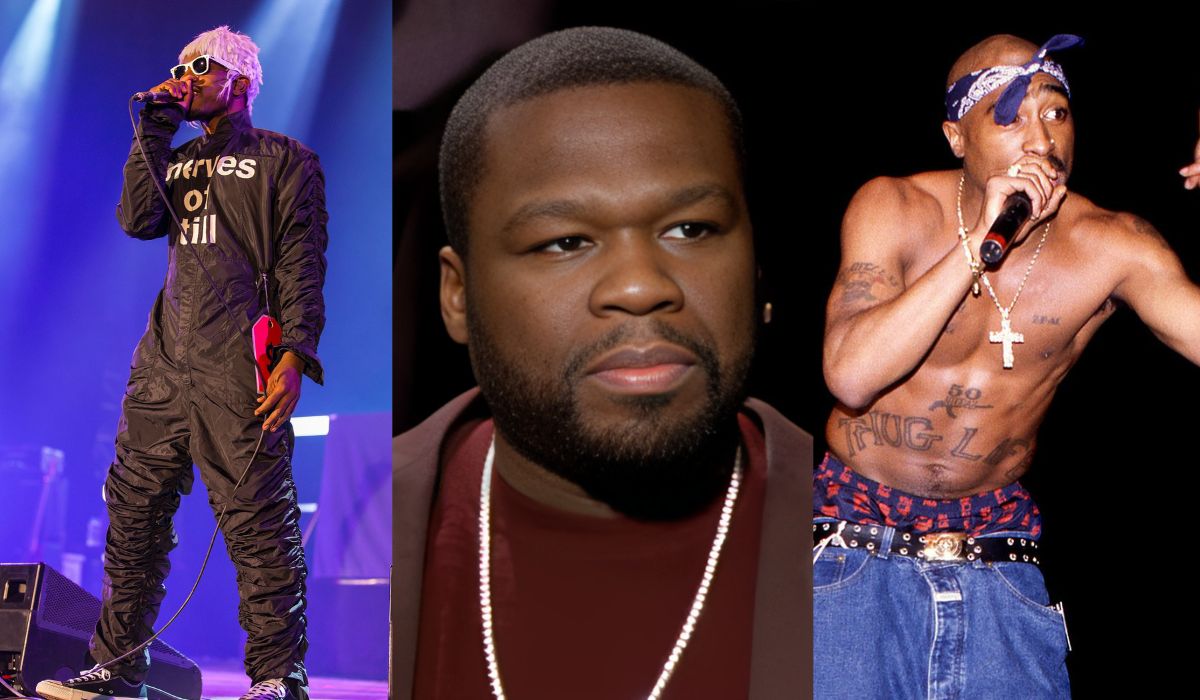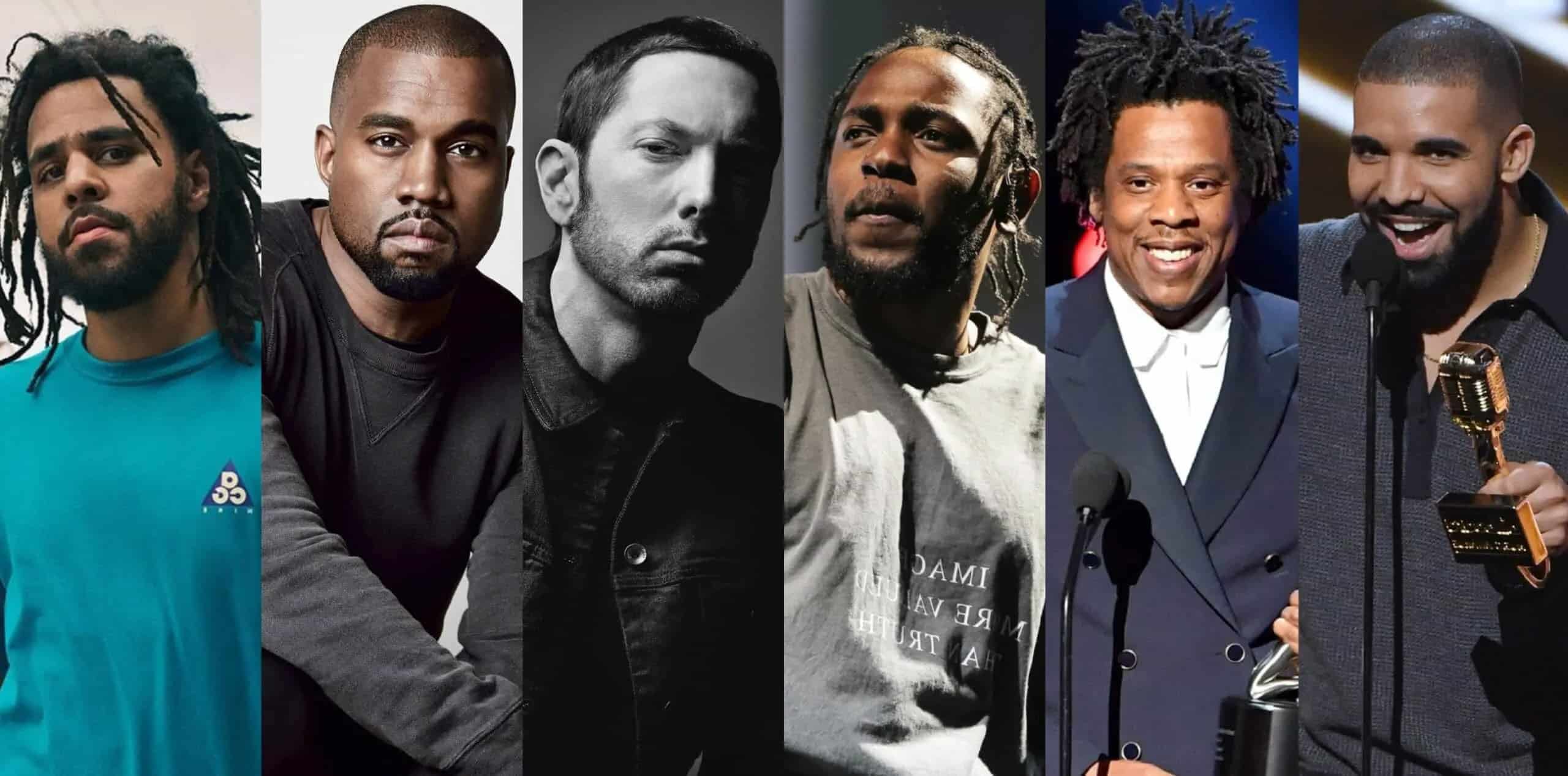When we think about the sound and feel of a whole generation, it's pretty hard to overlook the incredible impact of rappers in the 90s. This was a time, you know, when the music really started to change everything, moving from just a beat and some words to something much bigger, something that really spoke to people's lives and feelings. It was a moment when the artists who stepped up to the microphone weren't just making songs; they were building entire worlds with their words, shaping how many of us saw things and felt about the world around us. So, it's almost like a reflection of society, if you think about it.
This era, really, set a kind of standard for what rap could be, pushing the boundaries of storytelling and expression in ways that still resonate today. The artists from this period, they brought so much realness and so much energy, that their contributions are still felt deeply in music and culture. They were, in some respects, the architects of a sound that continues to inspire new generations, showing what happens when creativity meets a powerful message. You see, the way they put their thoughts out there, it just stuck with people.
It's interesting to consider how the conversations we have about music today, about what makes an artist truly great or what gives a song its lasting power, actually have roots in those earlier times. The things people talked about then, like who had the best flow or who was truly authentic, those same ideas, well, they keep coming up. So, this look back isn't just about nostalgia; it's about understanding the foundations of something truly special, something that continues to shape the music we hear and the stories we tell. It’s pretty much about figuring out what made them tick.
Table of Contents
- What Defined the Sound of Rappers in the 90s?
- The Quest for Realness - Rappers in the 90s and Their Stories
- From Early Sounds to the Golden Era - How Did Rappers in the 90s Evolve?
- Who Had the Mic? Power and Presence Among Rappers in the 90s
- Skill Versus Show - What Separated Rappers in the 90s?
- Where Did the Voices Come From? The Roots of Rappers in the 90s
- Beyond the Spotlight - The Unseen Influence on Rappers in the 90s
- The Lasting Echoes of Rappers in the 90s - What Can We Still Hear?
What Defined the Sound of Rappers in the 90s?
When you think about the sound of rappers in the 90s, there was, you know, a very strong focus on skill. It wasn't just about getting on a track; it was about truly being able to put words together in a way that made sense and also sounded good. People who listened, they were often quite keen to hear someone who could really deliver. We can think about how artists, perhaps like Tip and Phife Dawg, might have talked about other MCs who didn't quite measure up in terms of their lyrical abilities. That kind of conversation, that critique of those who seemed to lack a certain something in their craft, was pretty common. It was, in a way, a constant part of the discussion around rap music back then.
There was this shared idea that if you were going to call yourself an MC, you needed to bring your best. It wasn't just a casual thing; it was almost a serious commitment to the art form. The way artists would, you know, trade stories or talk about what made a good verse, it showed how much they valued genuine talent. So, the sound wasn't just about the beats, which were, of course, a big part of it; it was very much about the words, how they were put together, and the skill of the person delivering them. That was, essentially, a core part of the identity for many rappers in the 90s. You know, it was a time when the mic was really respected.
This emphasis on lyrical ability and the ability to truly express oneself through words meant that artists had to, well, really work on their craft. It wasn't enough to just have a catchy hook; you needed substance. The conversations about who was good and who wasn't so good were, in a way, a natural part of the scene, pushing everyone to get better. It was a time when, arguably, the bar was set pretty high for what it meant to be a respected voice in music. The feeling was that if you were going to step up, you had to be ready to show what you could do. It was, to be honest, a competitive but also very creative period for rappers in the 90s.
The Quest for Realness - Rappers in the 90s and Their Stories
One thing that truly stood out with rappers in the 90s was this constant search for realness, for authenticity. It was, you know, a huge part of what people connected with in the music. We hear about things like "privileged rappers" and how that idea explores themes of being true to yourself, or what it means to have certain advantages, and the very demanding path to making it big in the rap world. These kinds of discussions, about where someone came from and what they had to go through, were really important during that time. It wasn't just about the music; it was about the stories behind the music, and whether those stories felt genuine.
Artists from this period often spoke about their personal journeys, about the struggles and the triumphs, and listeners really gravitated to that honesty. There was, in a way, a desire to hear from people who had lived what they were rapping about. The idea of "privilege," for example, and how it might affect an artist's path, was a conversation that, you know, certainly existed, even if it wasn't always phrased in those exact words. It was about whether you had to truly earn your spot, whether you had to walk a certain road to get to where you were. That was, pretty much, the feeling for many rappers in the 90s.
The journey to the top for rappers in the 90s was, for many, anything but easy. It often involved a lot of hard work, a lot of pushing through difficulties, and proving yourself over and over again. This demand for authenticity meant that artists couldn't just, you know, pretend to be something they weren't; they had to actually live it, or at least portray it in a way that felt believable. It was a time when the connection between the artist's life and their art was seen as very strong, almost inseparable. This focus on real experiences, on what was true, really shaped the kind of music that was made and how it was received. It was, in fact, a defining characteristic.
From Early Sounds to the Golden Era - How Did Rappers in the 90s Evolve?
Thinking about how rap music got to where it was with rappers in the 90s, you can't really talk about it without looking back at some of the earlier sounds. You know, tracks like "Rapper's Delight," even though it came out before the 90s, were, in a way, foundational. They showed what was possible, laying down some of the first stones for what would become a massive cultural force. It was, essentially, a starting point, a very early example of what could happen when voices met a beat in a new way. So, the 90s didn't just appear out of nowhere; it built upon what came before, learning from those initial sparks.
Then, as time moved on, you saw different styles come into play. If you look at the 2000s, for example, you had artists like Lil Bow Wow, Lil Jon, and Lil Boosie, who, you know, made their own mark. Their style, in some respects, was different from what many rappers in the 90s were doing. The shift, perhaps, was towards different kinds of sounds, different kinds of stories, and even different ways of presenting oneself. There was, apparently, a whole story behind the rise of "lil" rappers, showing how the music continued to change and branch out. This contrast helps us see how much things shifted, even within a relatively short period.
The 90s, in this context, can be seen as a kind of bridge, taking the raw energy of early rap and refining it, adding layers of complexity and diverse sounds. It was a period where, you know, the music really came into its own, becoming more varied and reaching a wider audience. The continuation of ideas, like what you might see in a track called "Rappers 2," which built on an earlier successful single by adding more voices, shows how the music was always growing, always bringing in new people and new ideas. It was, essentially, a time of significant growth and creative exploration for rappers in the 90s, building on past successes and setting the stage for future ones. This growth was, quite frankly, remarkable.
Who Had the Mic? Power and Presence Among Rappers in the 90s
When you think about the top artists, even today, there's always this conversation about who is, you know, the very best, who can really stand out above the rest. It's a bit like trying to figure out who could, say, overpower someone like Kendrick, if you were to think about it in terms of sheer lyrical force or overall impact. That kind of thinking, that idea of who holds the most weight on the microphone, was definitely a big part of the scene for rappers in the 90s. There was always a sense of competition, a desire to be seen as the strongest, the one with the most compelling words.
Artists from that era were often measured by their ability to command attention, to deliver lines that truly resonated, and to, you know, make a lasting impression. It wasn't just about selling records; it was about respect, about being acknowledged as a true master of the craft. The debates about who was the greatest, who had the most powerful message, or who could deliver the most memorable verse, were, in a way, constant. It was, basically, a very exciting time for lyrical competition, where every artist was, in a sense, trying to prove their worth. That really shaped the landscape for rappers in the 90s.
This pursuit of lyrical supremacy meant that artists were always pushing themselves, trying to outdo each other in terms of creativity and delivery. It was a time when, you know, a powerful


